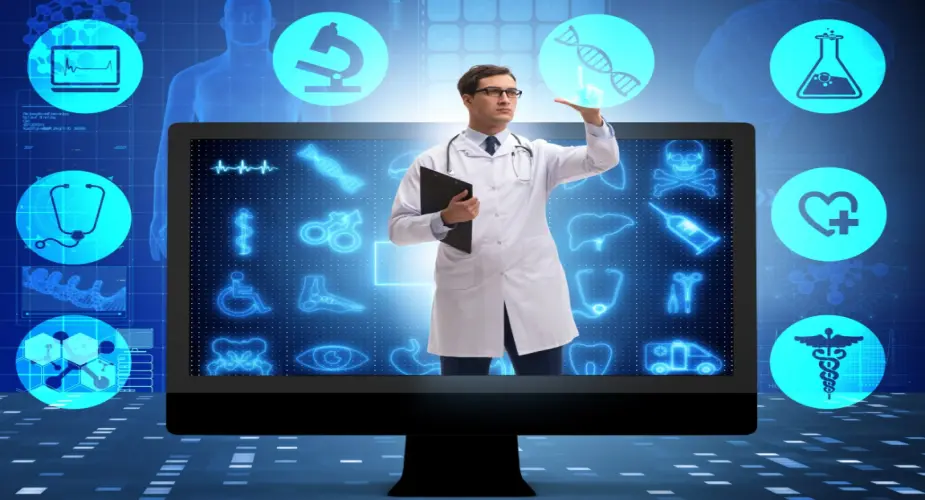In recent years, telemedicine become a major health care industry and has revolutionized the way patients can access medical services and changing the traditional landscape of healthcare. This article focuses on the many aspects of telemedicine, and sheds the light on its effects on healthcare accessibility, and overall effectiveness in the health system.
Definition and Evolution of Telemedicine
Telemedicine, commonly used interchangeably as telehealth, is the delivery of healthcare services through technology. The development of telemedicine can be traced back to its first versions in the 20th century however, recent advances in technology for communication have transformed it to become a broad and widely used health solution.
Benefits of Telemedicine
Enhanced Accessibility: Telemedicine has eliminated geographic barriers, allowing patients to seek medical advice and other services from the comfort of their homes. This is especially advantageous for those living located in rural areas or those who are not served.
Improved Patient Engagement: With the help of telemedicine platforms patients are able to actively be involved in their healthcare by getting access to medical records, scheduling appointments, and participating in online consultation with health professionals.
Cost-Effectiveness: Telemedicine could lower healthcare costs by reducing the requirement for infrastructure physical or travel costs, as well as the time it takes to commute.
Efficient Chronic Disease Management: Telemedicine assists in the management and monitoring of chronic illnesses using remote devices that monitor patients remotely that allow for timely intervention and customized health plans.
Telemedicine Technologies
Video Conferencing: Real-time video consultations enable health professionals to communicate with patients, assess ailments, and talk about the treatment options while at an extended distance.
Mobile Health Apps: The rise of mobile phones has led to creation of mobile health apps which allow users to book appointments, gain access to health information and receive refills for prescriptions.
Remote Patient Monitoring: Sensors and wearable devices allow continuous monitoring of vital signs, and provide vital information to healthcare professionals to help them make proactive interventions.
Telemedicine in Specialized Fields
Mental Health: Virtual counseling sessions and telepsychiatry have proven to be successful in making mental health care more accessible and decreasing the stigma that comes with seeking assistance.
Dermatology: Teledermatology lets patients consult dermatologists remotely, send images of skin issues and receive prompt diagnostics and treatments.
Radiology: Medical imaging that can be interpreted remotely such as X-rays and MRIs can speed up analysis and decreased waiting time for patients.
Regulatory and Ethical Considerations
As the field of telemedicine expands the regulatory frameworks and ethical guidelines need to evolve to ensure privacy of patients as well as data security. the quality of services that is provided via virtual platforms. This article discusses the issues as well as ongoing attempts to create high-quality standards for the field of telemedicine.
Future Trends and Challenges
The article wraps up by examining the future of Telemedicine, such as the use of artificial intelligence and 5G technology, and possibilities for challenges, such as regulatory hurdles and concerns regarding the overreliance on technology.
Conclusion
In a nutshell Telemedicine is changing the landscape of healthcare by increasing access, increasing patient engagement and making use of cutting-edge technology. As healthcare professionals continue to embrace telemedicine, it’s essential to tackle regulatory issues and ethical concerns to ensure a smooth and secure transition to an efficient and more patient-focused healthcare system. The future holds tremendous potential for telemedicine in improving healthcare and eventually contribute to a healthier society.
